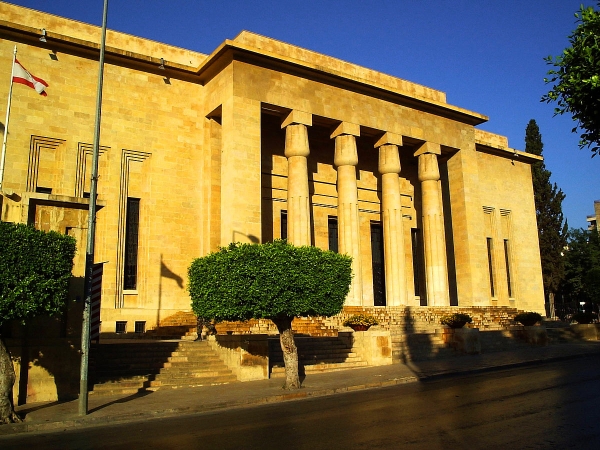Beirut a historical trade route linking east to west?
Fact:
This status however is not a historical legacy, but only attributed to specific landmarks in the administrative past of the city. Most cities on the eastern shore of the Mediterranean functioned as port cities throughout history. They were only surpassed by Beirut in the second half of the nineteenth century as a result of changes in the international trade route and the administrative policies of the Ottoman Empire.
During the 19th century, Syria acquired an increased significance in the European economy, so most trade was starting to shift to the coast. At this time, realizing the growing importance of international trade, the Ottoman Empire initiated quarantines along its shores. In the eastern Mediterranean, Beirut (at the time under Egyptian rule) was to be the city of choice for the lazaretto. So, as of 1835, all ships heading to any point in Syria were to stop in Beirut for inspection. As disease spread easily among the countries with important trade, containment became an essential addition to the pattern of commerce. It played an important role in keeping international trade moving. Imported products were then transported to other cities on the coast or in the Syrian hinterland.
Prior to these developments of the early 19th century, other cities such as Acca, Sour, Saida and Iskandaroun (Alexandretta) had very active ports, but the requirements of quarantine slowed them down and increased Beirut’s commercial capacity. The change in the trade patterns of the world and the start of the quarantine system then made the city a main connection between Europe and cities of the Ottoman Empire.
So today’s Quarantine (or Karantina in colloquial Lebanese), a rundown industrial neighborhood north of Beirut’s port haunted by atrocities of the civil war, was once the sector that promoted the city to its position as a main link between two sides of the world. It is not our critical location, or the superiority of our maritime trade culture that have attributed to Beirut this reputation, but the coincidence of being at the right place at the right time.








Leave A Comment